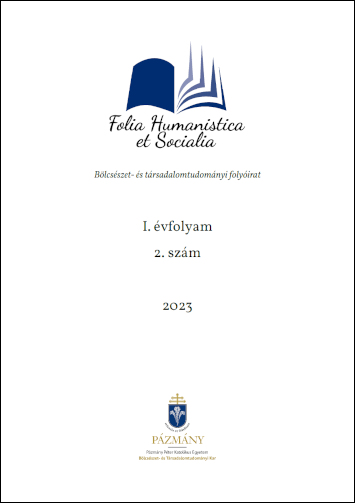Investigating the Personality Types of Translators and Interpreters in Terms of Introversion and Extroversion
Published 31-12-2023 — Updated on 11-06-2024
Copyright (c) 2023 Annár Dóra

This work is licensed under a Creative Commons Attribution 4.0 International License.
Abstract
My paper investigates the personality types of translators and interpreters in terms of introversion and extroversion. It explores the relevance of the stereotyped statement according to which translators are typically more introverted, while interpreters are typically more extroverted, and whether these professionals tend to take their type of personality into consideration at all when picking a carrier. I have carried out quantitative research by means of surveys, involving 147 Hungarian translators and interpreters. The personality types of participants have been examined on the one hand through self-reports, on the other hand through true/false statements on introversion and extroversion, as a follow-up. The research revealed that the vast majority of participating translators were indeed more introverted, based on both self-reports and follow-up questions. However, in the case of interpreters, a contradiction has been brought into light as according to self-reports, most of them were ambiverts, while evaluation of the follow-up questions depicted them as rather extroverted. Due to this contradiction and participating interpreters being underrepresented compared to participating translators, further investigation is needed to draw more accurate conclusions. However, the partial confirmation of the stereotyped statement certainly justifies further attention to be paid to personality types of translators and interpreters and their personality type-related differences, also with regard to introversion and extroversion.
References
- Arcanum Digitális Tudománytár. „Introvertált”, „Introverzió”. https://www.arcanum.com/hu/online-kiadvanyok/Lexikonok-magyar-etimologiai-szotar-F14D3/i-i-F266A/introvertalt-F2797/
- Arcanum Digitális Tudománytár. „Extrovertált”. https://www.arcanum.com/hu/online-kiadvanyok/Lexikonok-magyar-etimologiai-szotar-F14D3/e-e-F1E41/extrovertalt-F1FFD/
- Bradberry, T. (2017). Don't feel like an introvert or an extrovert? Try ambivert. Word Economic Forum. https://www.weforum.org/agenda/2017/04/dont-feel-like-an-introvert-or-an-extrovert-try-ambivert/
- Eysenck, H. J. (1967). The biological basis of personality. 100–117. Thomas.
- Germus, K. (2018). Extro- és introverzió: fejben dől el! Mindset Pszichológia. https://mindsetpszichologia.hu/extro-es-introverzio-fejben-dol-el
- Idegen Szavak Szótára. Extraverzió.
- https://idegen-szavak-szotara.hu/extraverzi%C3%B3-jelent%C3%A9se
- Jung, C. G. (1921). Psychologische Typen. Rascher.
- Mindennapi Pszichológia. Arousal. https://mipszi.hu/lexikon/arousal-
- Richards, J.C. & Schmidt, R.W. (2011). Longman Dictionary of Language Teaching and Applied Linguistics (4th ed.). Routledge. https://doi.org/10.4324/9781315833835

